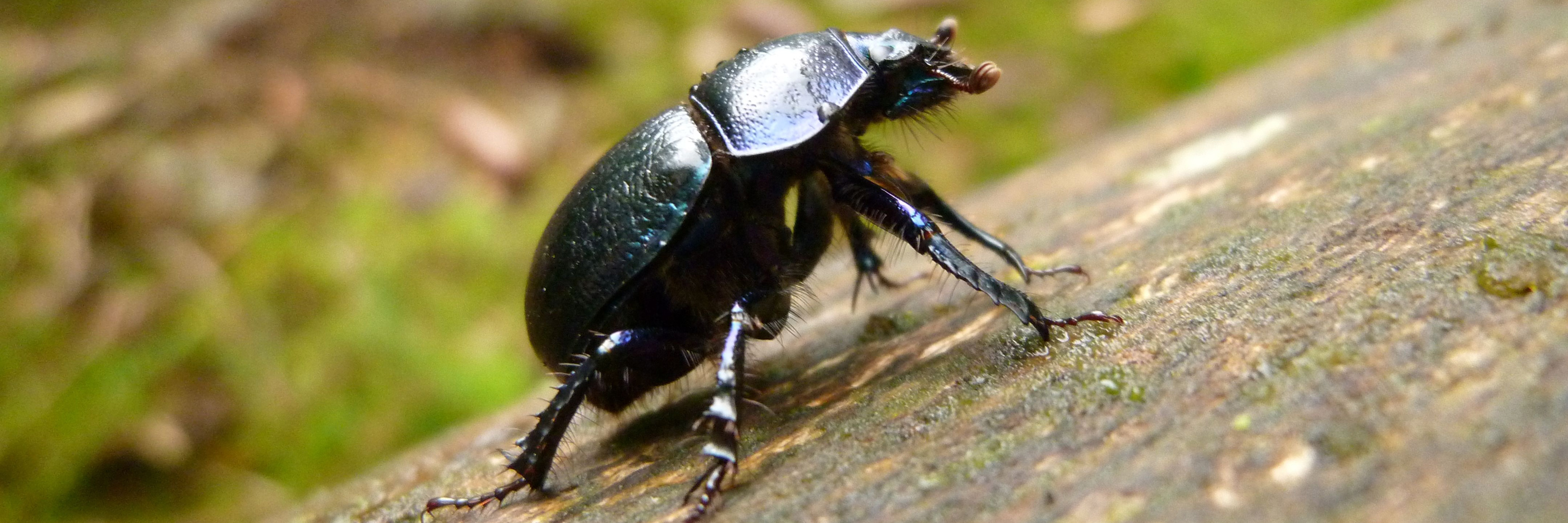This theme encompasses the ways in which genetic and non-genetic factors, including parental and environmental factors, shape the development of offspring and reproductively relevant social behavior. Because of the diversity of parental effects and their mechanisms, from cellular and molecular to frequency-dependent population effects, a deep understanding of parental effects requires concerted study in a settling that intentionally synthesizes the essential contributions of a wide range of disciplines.
Many program faculty are devoted to research on this theme.
- Jeffrey Alberts dissects the impact of the maternal environment on the behavior of rat pups.
- Matthew Hahn is a bioinformatics researcher who studies the evolution and function of sex chromosomes and the role of gene networks in sexual differentiation in the genomes of several model systems, including humans.
- Julia Heiman studies neuroendocrine changes postpartum and the role of oxytocin in post-partum depression in humans.
- Ellen Kettersen studies effects of steroid hormones and immunoglobulins deposited by mothers in egg yolk on the growth, disease resistance, and offspring sex ratio in songbirds, as well as the impact of male parental behavior on offspring begging and growth.
- Armin Moczek explores the molecular, genetic, and ecological determinants of sex-specific horn formation by young dung beetles.
- Stephanie Sanders studies the effects of drug exposure on the in utero hormonal milieu and the subsequent development of adult sexual and non-sexual behaviors in humans.
- Dale Sengelaub focuses on the role of maternal licking in neural development and sexual behavior in the rat.
- From an evolutionary perspective, Michael Wade has developed a theory integrating how direct (genetic) and indirect (parental) effects on offspring traits influence the evolutionary process (e.g., how the evolution of a female turtle’s preference for a nest site is affected by temperature-dependent influences on the sex ratio of her offspring).
- Peter Todd and Affiliated Resource Faculty Justin Garcia examine how environment and experience affect mate choice, reproductive strategies, and sexual behavior in humans.

 The College of Arts
The College of Arts